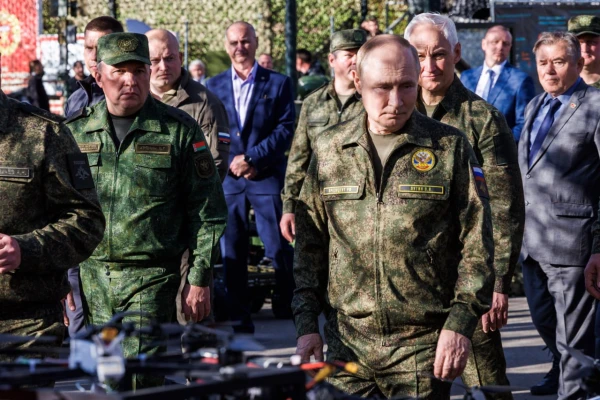
Russia's coordinated campaign against NATO — balloons in Lithuanian airports, drone incursions, reconnaissance flights over Europe — are not isolated incidents, but part of the so-called 'zero phase' of Russia's planned war against NATO. This warning comes from George Barros, an analyst at the Institute for the Study of War (ISW), in an interview with lrt.lt, as reported by tv3.lv.
Barros explains that according to Russian military doctrine, war does not begin with the first shots, but long before them — with information, psychological, and political 'preparation of the battlefield.' This stage, in his opinion, is currently taking place in Europe.
"Balloons in Lithuania, drones in Poland, Russian fighters over the Baltic — this is all one campaign," says Barros. "Russia is creating conditions to be ready for a future war with NATO."
According to the analyst, September marked a new phase — that was when the first large-scale invasion of Russian drones into Poland occurred.
"This was not an accidental incident. Somewhere in a Kremlin office, an order was given to start an operation — to test how to disrupt airport operations, gather intelligence, and test NATO's reaction."
Since then, the number of such incidents and their geography have significantly expanded across Europe.
Barros criticizes NATO's response, pointing out that the alliance still avoids calling these actions 'military.'
"Some officials even say that consultations under Article 4 cannot be initiated every time. But that is exactly what needs to be done — otherwise, society will get used to violations, and Russia will gain a psychological advantage," he warns.
Every violation of airspace by a drone or aircraft, according to Barros, should be viewed as a conscious aggression, not as a 'gray zone.'
He emphasizes that Western European countries still do not want to acknowledge that Russia has territorial ambitions regarding the Baltic states.
"Putin considers the Baltics a historical part of the Russian Empire," says the analyst. "This does not mean that an attack will happen tomorrow, but preparations for it are in full swing."
In Barros's opinion, the reluctance of Western politicians to openly call things by their names plays into the Kremlin's hands.
ISW warns that Russia has developed new tactics in Ukraine that could give it an advantage in a potential conflict with NATO.
"The Russian army has learned to block supply routes and isolate sections of the front using only drones," says Barros. "They no longer rely solely on aviation or tanks. The main force has become small groups of 3–5 soldiers with FPV drones."
He believes that NATO's concepts are outdated, and the alliance urgently needs to enhance its capabilities in drones and intelligence.
"The West still relies too heavily on air superiority, but that is no longer enough," he says. "While Russian and Ukrainian units use drones at every level, NATO forces do so only theoretically."
Barros sharply criticizes U.S. plans to reduce military presence in Europe.
"This is a strategic mistake," he believes. "The fewer American soldiers in Europe, the more confident the Kremlin feels. Such signals of weakness inspire Putin."
He reminds that a similar mistake was made in the early 2010s when the U.S. withdrew some forces from Germany — shortly after that, Russia invaded Ukraine.
The analyst emphasizes that NATO must rethink its exercises based on real frontline experience. "If we do not learn from the Ukrainians, we will pay a very high price," he warns. "Russia is already testing how to bypass NATO's defensive mechanisms — we see this in Lithuania, Poland, and the Baltic."
By ISW's definition, the 'zero phase' is not a classical war, but prolonged psychological, informational, and political pressure aimed at acclimatizing society to constant tension and violations.
"If we accept this as the norm, Russia will not have to fire a single bullet to gain a strategic advantage," says Barros.
"The Baltic states, including Lithuania and Latvia, need to be at the forefront of NATO thinking," emphasizes the analyst. "You have real experience of aggression from Russia. Do not let Western Europe lull you into complacency — war could start much sooner than many think."

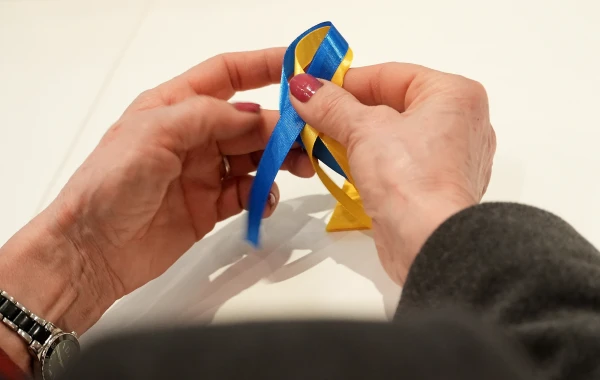
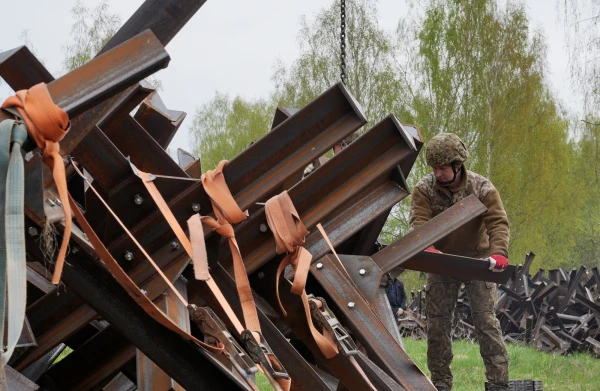
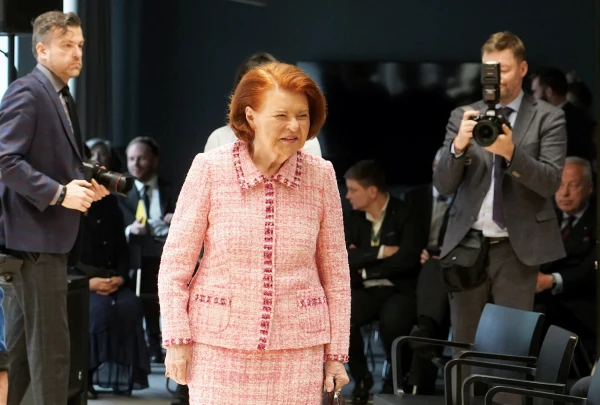



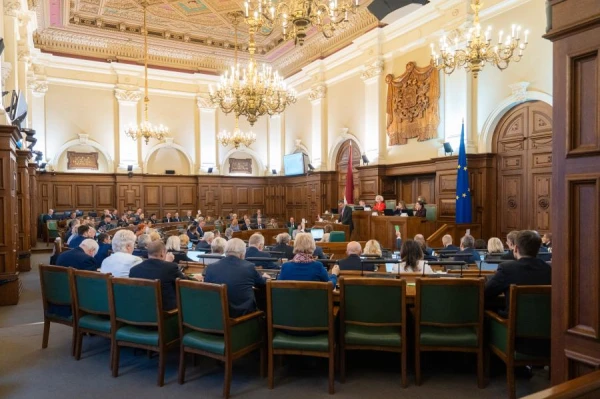
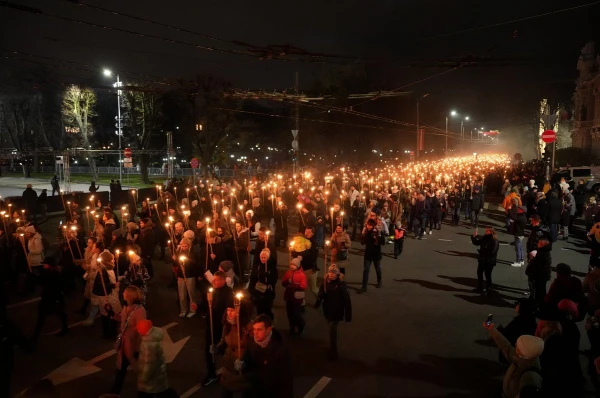

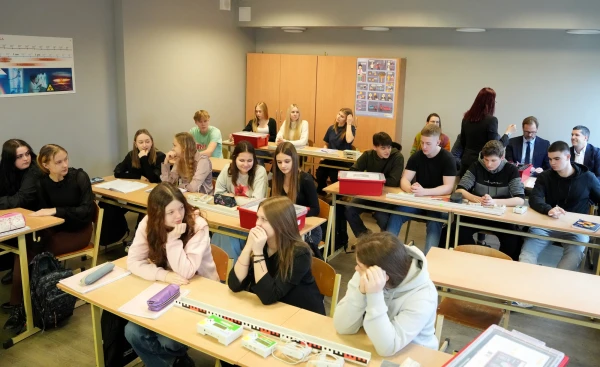



Leave a comment